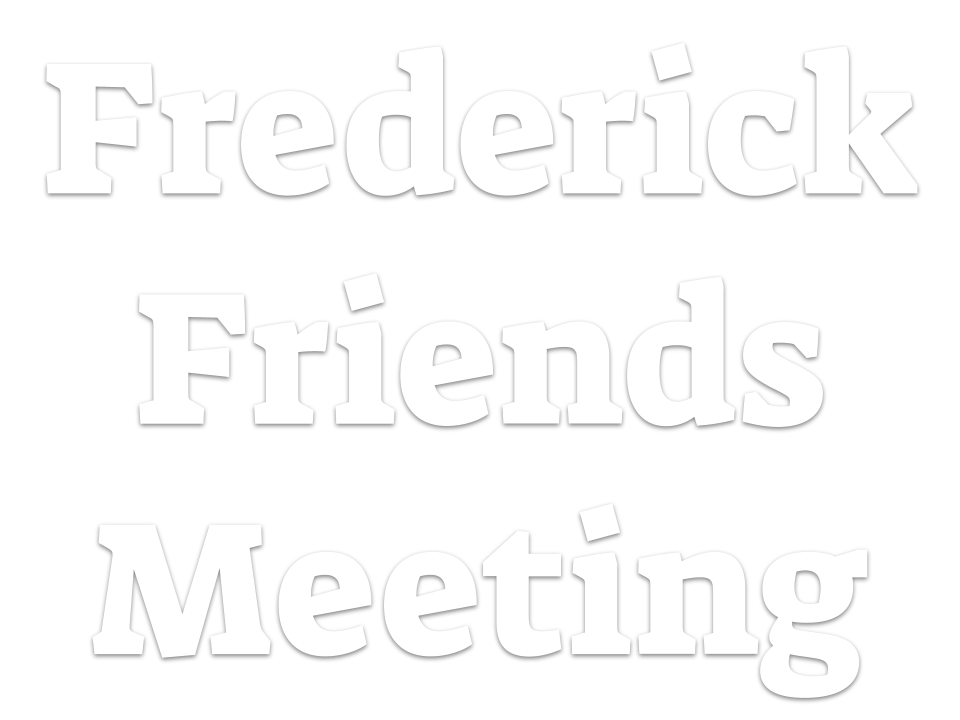There are two fundamental aspects to Quaker faith. First, Friends believe that all people are capable of directly experiencing the divine nature of the universe. It is known by many names, God or the Holy Spirit or simply Spirit being among the most common. You don’t need a priest or any other kind of spiritual intercessor. You don’t need to perform any kind of ritual. When you need to hear from God, you will. When Spirit has a message for you to share, you should share it.
That leads us to the second key principle, our belief in continued revelation. In the Hebrew Bible and the New Testament, we read many stories of God communicating directly with people. Friends believe God’s revelations have never stopped, and that God might reach out to any one of us at any time. When Quakers come together to meet for silent worship, we participate in a shared space in which we strive to become better able, and help each other become better able, to recognize such divine messages.
Beyond that, the Religious Society of Friends doesn’t hold much stock in religious dogma. Some Quakers refer to commonly held values, or “testimonies,” sometimes known as S.P.I.C.E.S (simplicity, peace, integrity, equality, and stewardship). However, we don’t require you to affirm any specific beliefs about the “right” way to experience contact with the divine. And most Quaker meetings don’t require you to believe anything in particular about God—including, as you’ll see, the name “God.” (There are, however, explicitly and enthusiastically Christian meetings where recognition of Jesus as the Son of God is a vital starting point.)
Each of us has our own relationship with divinity. Other people’s accounts of their revelation experiences can help us better recognize and understand our own, when Spirit comes to us, but these experiences are, ultimately, unique to each person.

